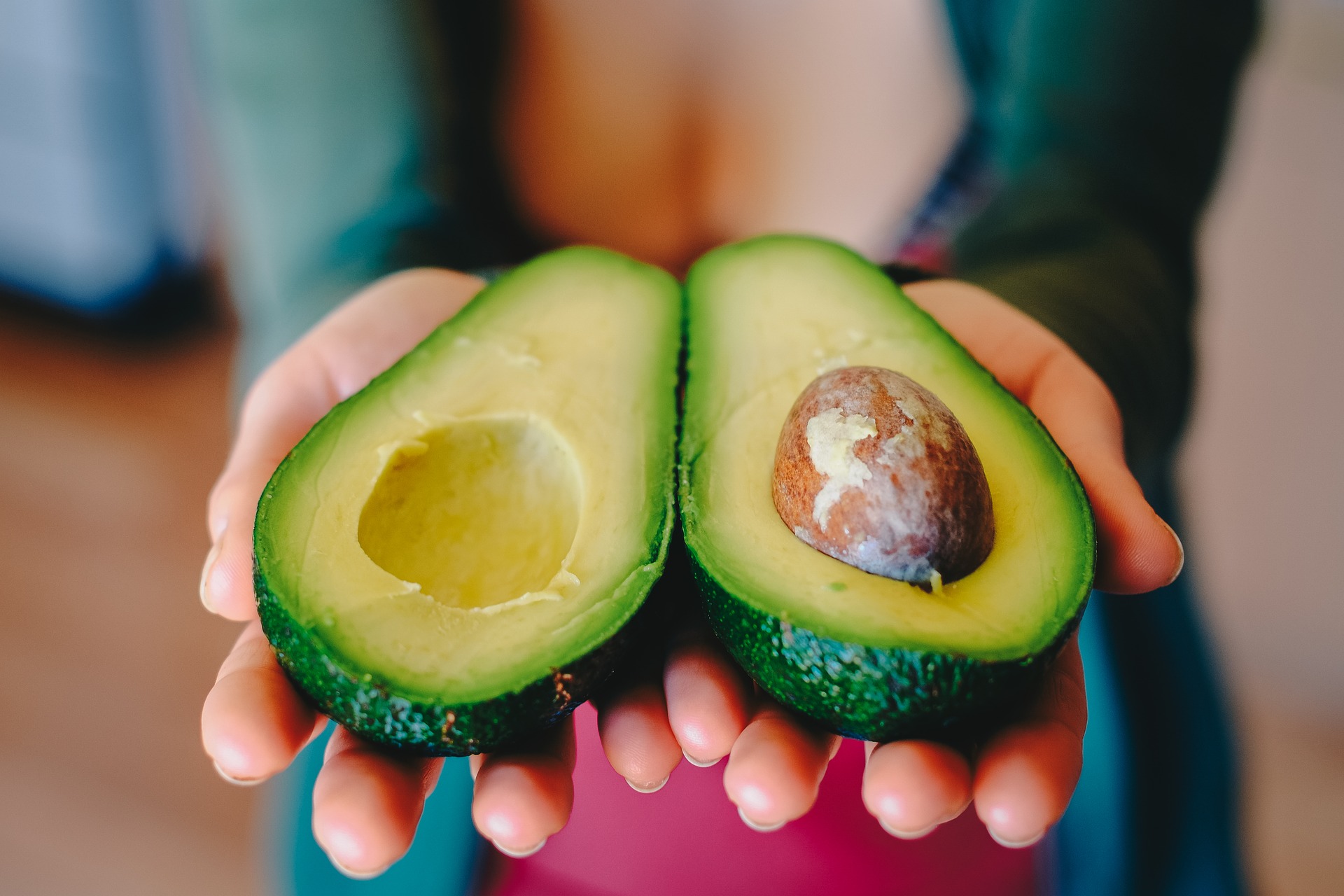 Why do some people choose to go vegan? The question arises, because this way of life can seem complicated and limiting. Why, in fact, deprive ourselves of the foods we are used to consuming from birth?
Why do some people choose to go vegan? The question arises, because this way of life can seem complicated and limiting. Why, in fact, deprive ourselves of the foods we are used to consuming from birth?
People choose to go vegan for different reasons (and sometimes even for all of them):
Health: many do it for their health and to extend their life expectancy. Eating meat greatly increases the intake of saturated fat. Saturated fat is believed to be responsible in the long term for the development of several types of cancer and cardiovascular disease. As for fish and seafood, these can contain contaminants such as mercury, a heavy metal that the human body cannot evacuate, and which builds up in the body. In the long term, mercury can cause nervous system disruption. Scientific studies have shown that people who only consumed plant-based products had a lower body mass index, easier to control their weight, had more energy, better skin, and suffered less the little pains that are normally attributed to the aging process. Vegans generally have better overall health.
The environment: Unless we live on another planet, no one is unaware that our way of life causes enormous damage to the environment. Raising animals for slaughter uses a lot of water resources and a lot of space. The deforestation that is practiced on a global scale is often to make way for livestock, because the consumption of red meat is said to be on the rise in the world. In the Amazon rainforest of South America, nearly 80% of deforestation is due to the creation of spaces for cattle ranching. To produce a kilo of beef, you need 15,000 liters of water. To produce a kilogram of soybeans, you only need 2,000 liters of water. To produce a kilo of fruits and vegetables, between 500 and 1000 liters of water are needed. It is easy to see that consuming red meat regularly is a disaster for the world ecology. In addition, to advocate ecologically in favor of a vegan lifestyle, cosmetics and household cleaning products with a vegan composition are almost all organic and free of chemicals, in addition to being biodegradable. They are therefore much less toxic to the environment. And most importantly, they are not tested on animals.
Respect for animal life: unfortunately, the large-scale production of animals for human consumption often brings its share of abuse. The animals are most of the time gathered in intensive breeding environments, where promiscuity and living conditions are often questionable. The places can be unsanitary, and the lighting is mostly made of artificial light. Some animals rarely see the light of day, never feel the breeze of the wind on their bodies or the joy of being able to wander freely and frolic in a field. It also happens sometimes, unfortunately, to see animals mistreated and/or treated harshly by the workers who take care of them. This is especially true during transport to the slaughterhouse, where the poor animals are stressed, stuck on top of each other. They are pushed into dark and disturbing corridors, sometimes with electric sticks, under the cries of the attendants who want to end it as soon as possible. The animal rights organization Mercy for Animals, thanks to undercover agents, regularly reports unspeakable acts uncovered in certain breeding farms and in several slaughterhouses. Of course, not all breeders treat their animals badly, far from it. But factory farming often leads to abuses unworthy of our species, and we must be aware of this.
The transition to veganism comes with certain challenges. But these challenges can be stimulating and achievable! The health of the earth, and ours, is worth it! Most people can’t switch to a 100% vegan lifestyle all at once because it’s hard to give up the way they live. The ideal is to gently integrate these products into our daily lives. Very often, people who try the experience end up integrating this way of life completely, after seeing the benefits.
There is no right or wrong way to become vegan. Some people go vegan within weeks, months, or years, while others do overnight. The best is to go at your own pace and set achievable goals. Becoming vegan is an individual journey, where everyone does the best they can achieve their goals: better health for themselves, for the planet, and better respect for animals!